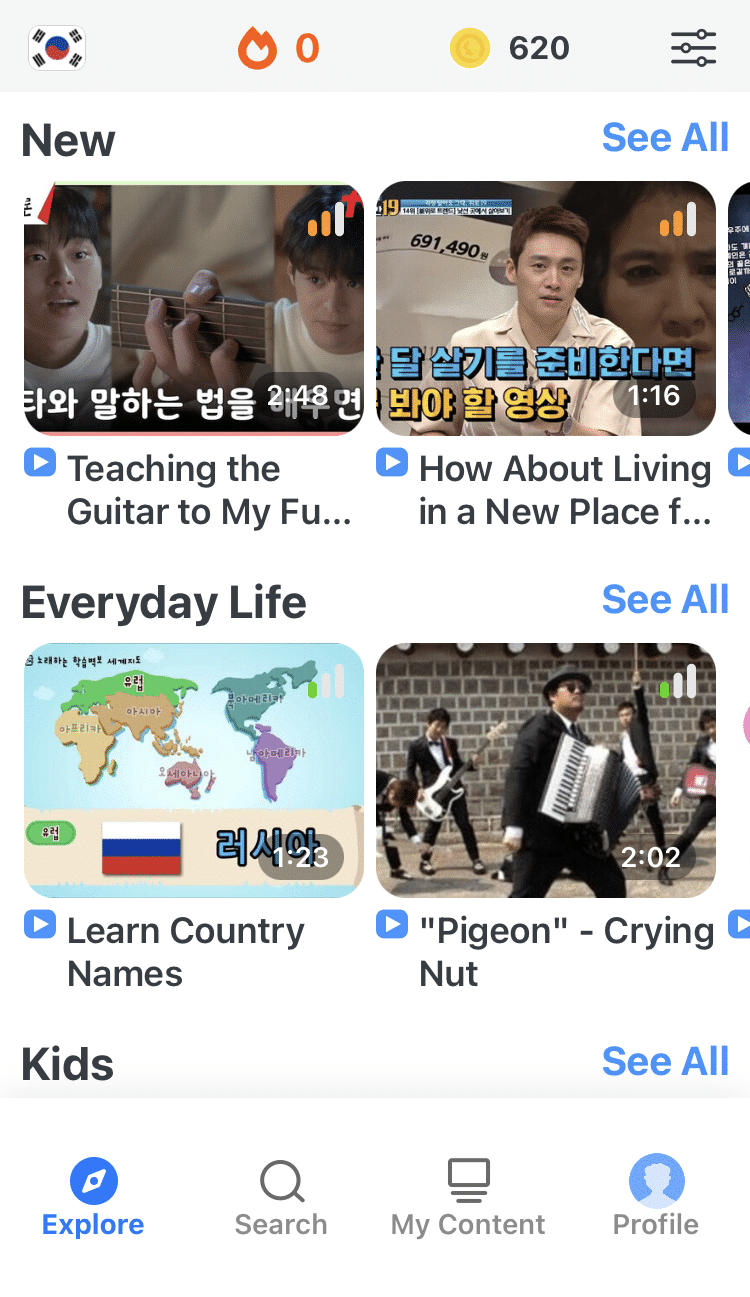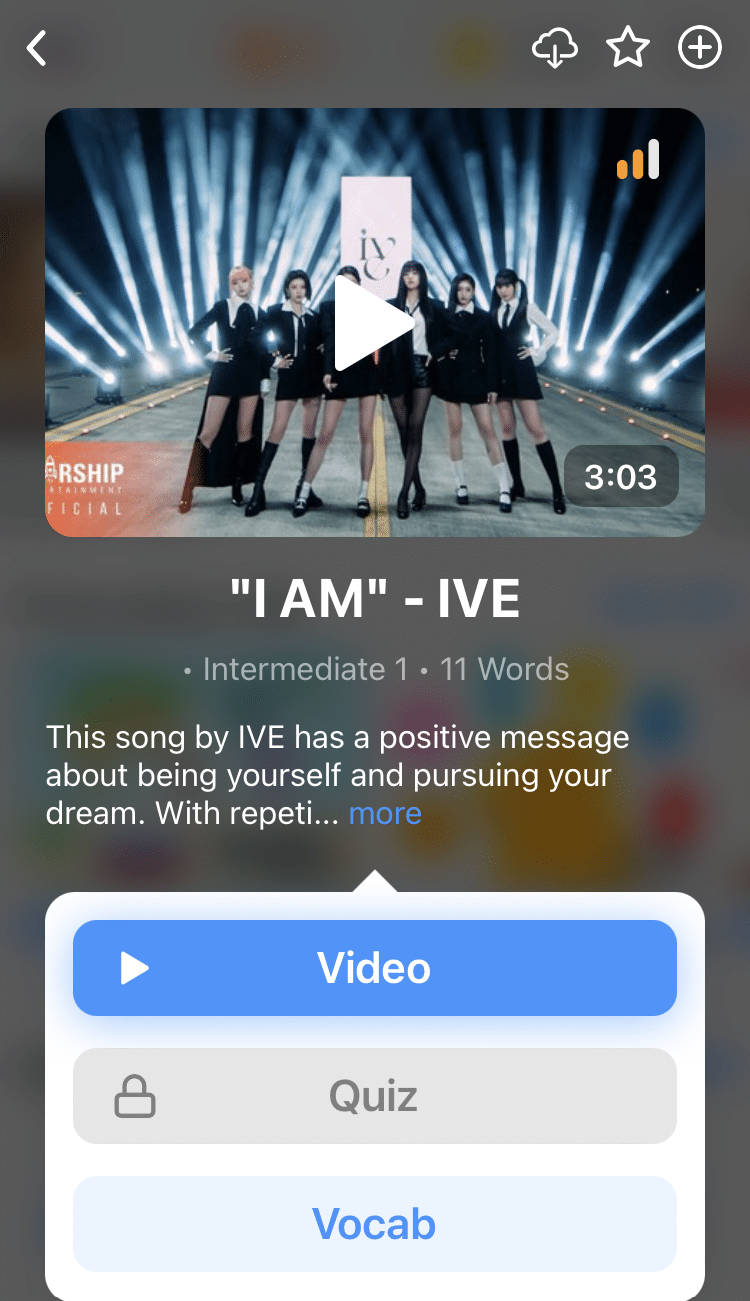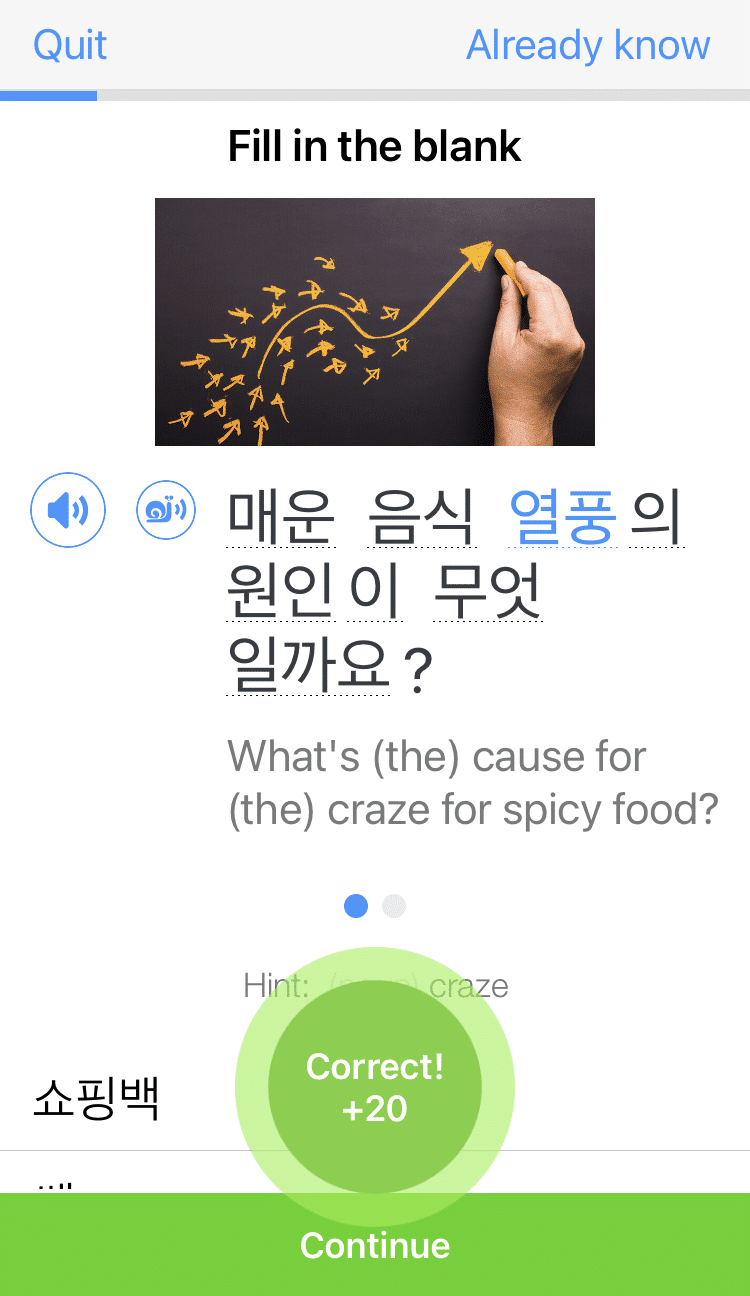
45 Korean Nicknames (별명) for Family and Friends
Using Korean nicknames, or 별명 , will show how much you care for someone (as long as you’re doing so in good faith, of course).
Here are 45 nicknames in Korean to let others know what you think of them.
Contents
- Most Common Nicknames for Family and Friends
- Korean Nicknames Based on Personality
- Korean Nicknames Based on Physical Appearance
- Miscellaneous Nicknames in Korean
- And One More Thing...
Download: This blog post is available as a convenient and portable PDF that you can take anywhere. Click here to get a copy. (Download)
Most Common Nicknames for Family and Friends
If you want to give the special people in your life Korean nicknames, consider these popular options:
애기야 — Baby
애기 refers to the noun “baby,” and the inclusion of 야 creates a tone of informality and affection. So naturally, any adorable little toddler—yours or someone else’s—can rightly deserve the nickname 애기야.
Of course, your furry children, such as your dog or cat, can also receive this moniker.
Remember that although this is typically a platonic nickname, it is sometimes used as the romantic “babe” or “baby” that you may be familiar with in English.
애기야, 오늘 놀러 가자. — Let’s play today, baby.
친구 — Friend
It’s always wholesome whenever a buddy directly calls you “friend.” You know that you two are pals, but it gives you a warm feeling when your relationship is acknowledged so frankly.
So, in a simple show of affection, good pals in Korea may happily greet each other with a 친구 or 친구야.
베프 — “Bef” (for best friend)
If you’re lucky enough to have a BFF in your life, they would be your 베프.
It’s short for the Korean transliteration of the English “best friend,” which is 베스트 프랜드 .
베프 is a nickname commonly used by younger generations due to its slang-y nature, but like all modern vocabulary, older folks are free to use it for their pals-for-life as well.
너는 나의 베프. — You’re my Bef.
바보 — Dummy, idiot
Every person has brainless moments, and it’s often someone’s duty (especially if they’re the poor chap’s friend) to tactfully comment that they are indeed being a “sillyhead.”
바보, while not a nickname one would necessarily like to receive, can still be a teasing term of endearment that isn’t meant to be taken all too seriously.
바보 and the more informal 바보야 are common playful nicknames used in both platonic and romantic contexts.
형 — Older brother / Bro (for males)
In Korea, just as girls are expected to call their older brothers 오빠, boys and men are expected to call their blood-related older brothers 형. However, the title isn’t reserved just for family.
Your big bro is someone you can depend on. He’s the dude who might incessantly remind you that he’s your elder, but he still does his best to have your back.
If you’re a guy and you have a close male figure in your life who’s older than you (but not by a drastic margin), you can also call him 형.
언니 — Older sister (for females)
언니 is what Korean girls call their elder sisters, and the title works quite like 형. If you’re close to an older female figure, then you may call her 언니.
It’s also common to precede the title with the name of the lady herself; for example, you can call Miss Yuna 유나 언니 .
누나 — Older sister (for males)
Korean boys and men call their older sisters 누나 as a matter of familial honor. But like the other sibling-related titles, they can also call older female friends 누나, especially if they respect them in some manner.
And while it’s not as common as a younger girl plus oppa dynamic, there are of course younger men dating older women in Korea—in fact, there are a number of popular K-dramas featuring “nuna romance.”
동생 — Younger sibling
You can call your biological younger sibling this.
Or perhaps there’s a different little twerp in your life who’s the target of your head-noogies and practical jokes. By calling them 동생, you can let them know behind all the teasing and banter that they’re someone you consider a little brother or sister.
Alternatively, you can be a bit meaner and substitute 동 with 똥 to say that someone is your 똥생 or “poopy little sibling.”
막내 — Youngest
Korean culture enjoys frequently reminding you of your age, whether you like it or not. And if you happen to be surrounded by those older than you, chances are that someone will point out that fact.
This nickname is reserved for the youngest individual in a group, whether it’s your own child or a workplace junior. Keep in mind that the person in question may be a bit miffed at being labeled as such, even if the title is used out of affection.
막내야! 요즘 어떻게 지내? 많이 바쁜가 봐. — Youngest! How are you nowadays? You seem really busy.
똥강아지 — Poop puppy
Puppies are always cute. Even if they’re dirty and covered in their own filth.
It doesn’t sound endearing, but this is actually a cute Korean nickname often used by adoring grandparents for their grandkids. They could also just say the 강아지 part to mean “puppy” and spare the kid some embarrassment.
오늘 우리 똥강아지가 집에 놀러 와요. — Today our poop puppy is coming to our house.
Korean Nicknames Based on Personality
It can be startlingly easy to make a unique Korean nickname for someone based on their attitude and behavior.
I’d say that Korean folks are quite attuned to personality quirks and aren’t afraid to point them out, whether out of admiration, exasperation or a mix of the two.
Here are a few of the more common nicknames based on personality:
- 애 늙은이 — young person acting like an old person
- 돌아이 — fool, crazy person
- 삐딱이 — perverse, someone who acts crookedly
- 여우 — “fox,” someone sneaky and mischievous
- 비둘기 — “pigeon,” someone who is gentle and acts as a peacemaker
- 똥개 — “poop dog/mutt,” someone who acts gross
- 청개구리 — “green frog,” a stubborn, disobedient person
- 미친개 — “crazy dog,” a person who acts insane
- 늘보 — “sloth,” a person who is slow to do things
- 눈꽃 — “snow flower,” an innocent and pure person
- 못난이 — “bad born,” a silly (or ugly) person
- 천사 — “angel,” a sweet person
- 천재 — an intelligent person, genius
- 허풍이 — a show-off
Korean Nicknames Based on Physical Appearance
Whether fortunately or unfortunately, physical appearance is a typical fountain of inspiration for nicknames. Sometimes they’re a bit abstract, but most of the time, they’re quite overt. Subtlety isn’t necessarily the name of the game.
You may notice a few words that had more endearing meanings before are now being twisted into something less appealing. Nicknames can really be a double-edged sword, so make sure that whoever you’re directing one at understands your intent.
- 꽃미남 — “flower pretty man,” a handsome man who’s pleasing to look at
- 빡빡이 — bald person
- 호박꽃 — “pumpkin flower,” an ugly person
- 돼지 — “pig,” a fat person
- 왕갈비 — “beef short ribs,” a skinny person
- 외계인 — “alien,” a strange-looking person
- 딸기코 — “strawberry nose,” someone with a red bumpy nose
- 난쟁이 — “dwarf,” short person
- 꺽다리 — “bent legs,” tall person
- 댕댕이 — “puppy,” a cute person
- 곱슬머리 — a curly-haired person
- 점박이 — “spotted,” a person with many birthmarks
Miscellaneous Nicknames in Korean
Some nicknames don’t really fall into any singular category. Most aren’t entirely complimentary or teasing, and instead are typically matter-of-fact.
If you’re the blunt type, then perhaps these are the types of Korean nicknames you’d go for with your friends.
- 잠순이 / 잠돌이 — sleepyhead (for girl/boy respectively)
- 터프가이 — tough guy
- 밥순이 — “rice girl,” someone who does house chores like making rice and doing laundry
- 빵순이 — girl who likes bread
- 쓰레기 — “garbage,” a dirty person
- 깔끔쟁이 — very clean person
- 병쟁이 — weak person of frail constitution
- 술꾼 — someone who enjoys alcohol
- 선머슴 — a tomboy
A great way to truly understand how nicknames are used in Korean is to hear them spoken by native speakers. Watching K-dramas or Korean movies will let you see nicknames used in authentic contexts.
For an enhanced learning experience, you can watch Korean shows or films with an immersion program like FluentU, where you can even look up specific terms to find them in videos. FluentU takes authentic videos—like music videos, movie trailers, news and inspiring talks—and turns them into personalized language learning lessons. You can try FluentU for free for 2 weeks. Check out the website or download the iOS app or Android app. P.S. Click here to take advantage of our current sale! (Expires at the end of this month.)
Don’t forget to try the names out for yourself—let your Korean-speaking friends know what you really think of them with some new Korean nicknames!
Download: This blog post is available as a convenient and portable PDF that you can take anywhere. Click here to get a copy. (Download)
If you enjoyed this post, you're already halfway to having the time of your life learning Korean with FluentU!
FluentU makes it possible to learn with K-pop videos, funny commercials, entertaining web series and more. Just a quick look will give you an idea of the variety of FluentU videos on offer:
FluentU really takes the grunt work out of learning languages, leaving you with nothing but engaging, effective and efficient learning. It's already hand-picked the best videos for you (which are organized by level and topic), so all you have to do is simply choose any video that strikes your fancy to get started.
Each word in the interactive captions comes with a definition, audio, image, example sentences and more.
Access a complete interactive transcript of every video under the Dialogue tab, and easily review words and phrases from the video under Vocab.
You can use FluentU’s unique Quiz Mode to learn the vocabulary and phrases from the video through fun questions.
FluentU keeps track of what you're learning, and tells you exactly when it's time for review, giving you a 100% personalized experience.
Review sessions use video context to help embed the words in your memory.
Start using the FluentU website on your computer or tablet or, better yet, download the FluentU app from the iTunes or Google Play store. Click here to take advantage of our current sale! (Expires at the end of this month.)
And One More Thing...







